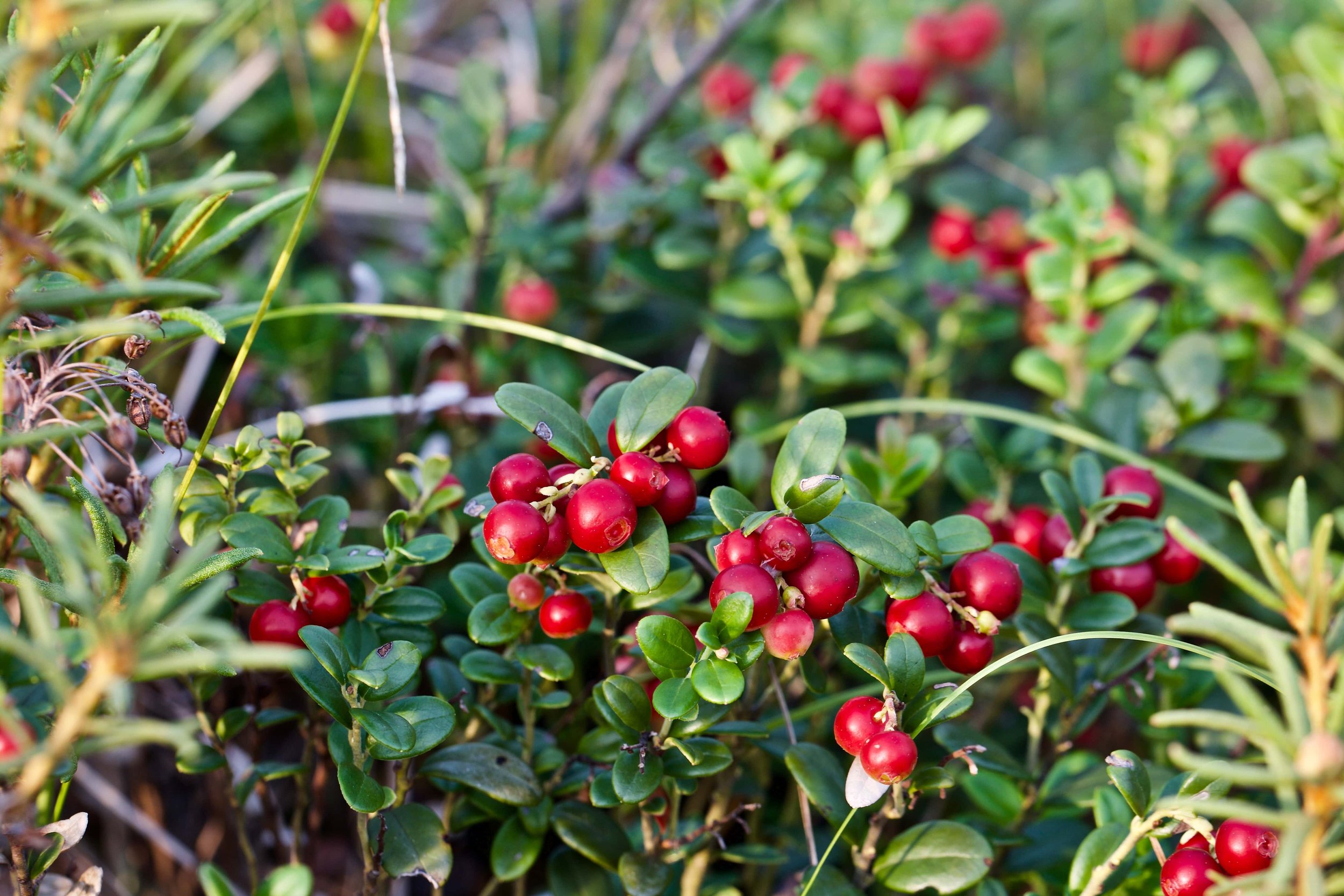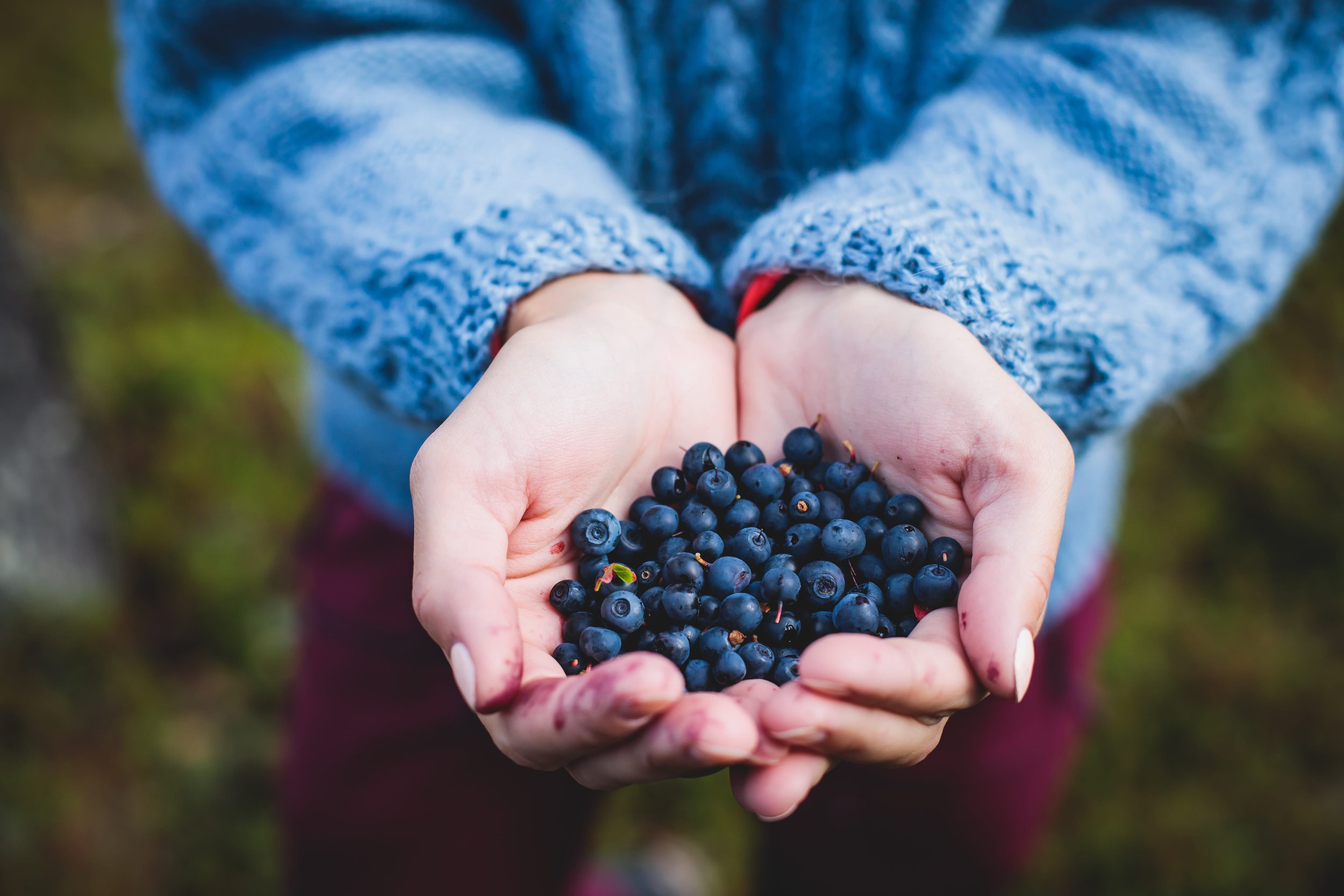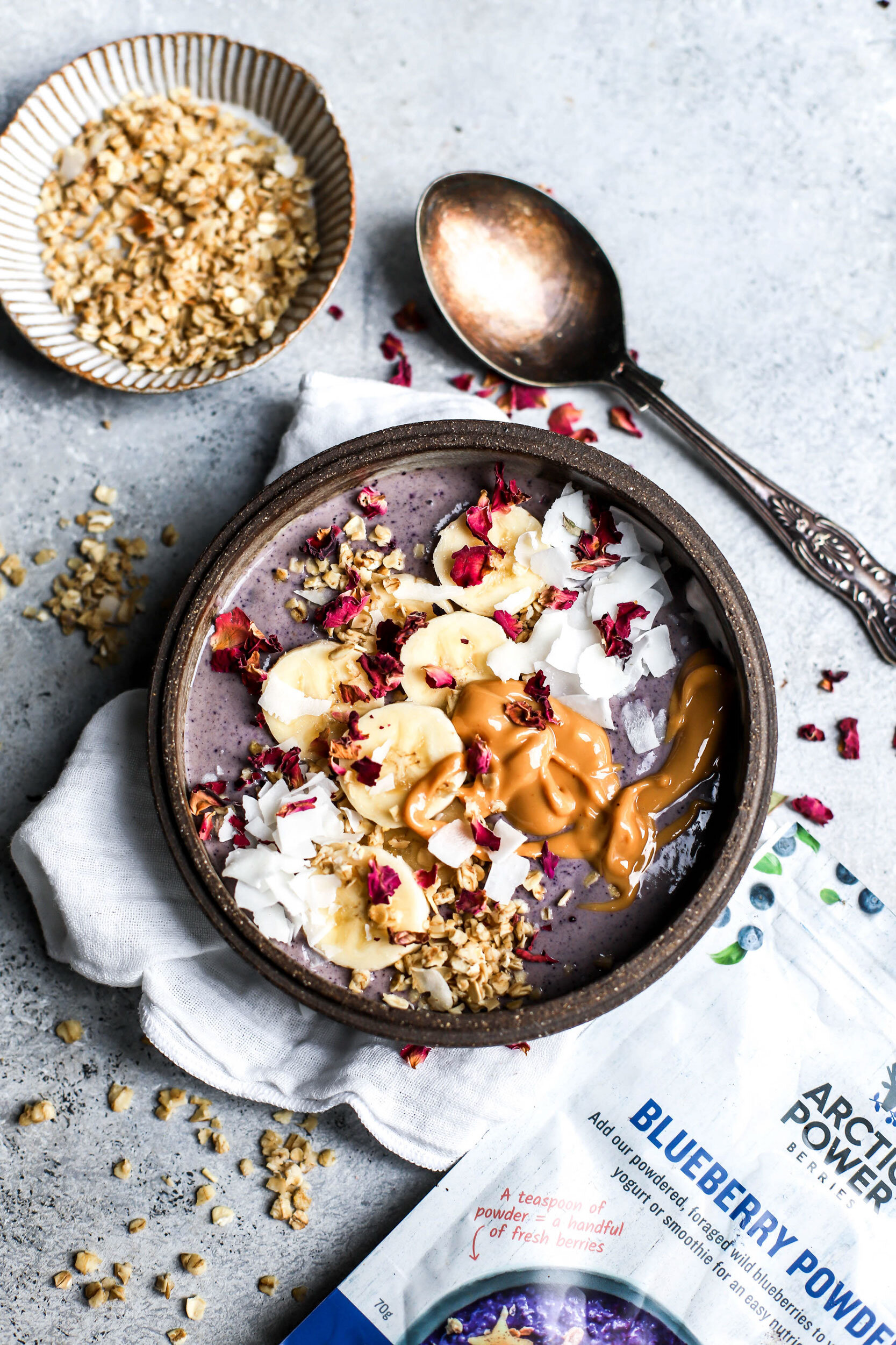Our nutritionist covers: Colourful berries – the superheroes of the plant world for healthy ageing
Minna Wood (MSc, MBANT, rCNHC). Registered nutrition and lifestyle medicine practitioner, mindset coach, founder of MetaWell, www.metawell.co.uk. See full bio at the end of the arcticle.
Superfoods?
What superfoods, if any, are worthy of this title? In my mind, no one food is ever ‘super’ because nutrition is all about the context. However, berries have special superpowers that we should all take advantage of, to protect us from the harmful ageing effects of our modern lives. And it is the various polyphenols in berries that are their superpowers.
Polyphenols
Polyphenols are phytonutrients that plants produce to defend themselves against any environmental “insults”: ultraviolet radiation, pests and diseases, and some also give the plant its colour, distinctive flavour or aroma. They are poorly broken down and absorbed by humans, therefore they exert prebiotic effects in the gut, promoting the growth of beneficial bacteria and inhibiting pathogens. Bacteria convert polyphenols to compounds that exert systemic health effects.
Polyphenols have been shown to have multiple beneficial effects in the body, from protecting the skin from UV rays, improving microbial diversity in the gut and reducing inflammation and oxidative stress, to lowering the risk of cardiometabolic, degenerative and mental health diseases.
Polyphenols may also protect against neurotoxicity, modulate DNA methylation and, when used alongside a healthy lifestyle, potentially reverse epigenetic ageing.
We can reap the benefits of polyphenols by eating colourful foods, such as berries that are particularly high in several of these plant chemicals. Let’s have a look at two important polyphenols, the berries they are found in, and what the research says about their benefits for healthy ageing.
Resveratrol – lingonberries, blueberries and cranberries
Resveratrol is an extensively researched stilbene polyphenol, commonly known for giving red wine its health benefits. But even higher amounts than in grapes or wine are found in lingonberries (3mg/100g fresh weight), cranberries (1.92mg) and blueberries (0.67mg).
The effects of resveratrol are not only limited to its capacity to mitigate age-related cellular damage by activation of antioxidant defences and anti-inflammatory pathways, but studies also show that it can activate the “longevity” gene SIRT1 that has been studied as a potential therapeutic target for the treatment of age-related degenerative diseases. This activation of the SIRT1 gene may help reduce the harmful effects triggered by oxidative stress, as well as cytotoxic effects from amyloid beta and alpha-synuclein, proteins associated with Alzheimer’s (AD) and Parkinson’s diseases (PD).
Resveratrol may also slow bone loss in postmenopausal women. A 24-month double-blind RCT with post-menopausal women showed that resveratrol supplementation increased bone mineral density and reduced the risk of hip fracture, major determinants of healthy ageing in women.
Anthocyanins – blueberries, blackcurrants, cranberries and blackberries
Anthocyanins are a family of pigments that are responsible for the dark red, purple, blue and black colours of plants. They are potent anti-inflammatory and anti-oxidant compounds with benefits for the brain and heart in particular.
Dark-coloured foods are quite rare in nature, which makes them precious, and not a very common ingredient on many people’s plates. Using these anthocyanin-rich berries can be a great simple approach to increase one’s intake of these crucial polyphenols.
A meta-analysis of 44 RCTs and 15 prospective cohort studies concluded that regular intake of anthocyanins from supplements and anthocyanin-rich berries may protect against cardiovascular diseases by improving blood lipid profiles and decreasing circulating proinflammatory cytokines. Animal studies suggest that anthocyanins may help maintain thinking and memory in the aging brain of mice, by regulating the balance of the redox system, reducing inflammation and inhibiting DNA damage.
The richest sources of anthocyanins among berries are bilberries (wild blueberries), cultivated blueberries, blackcurrants, cranberries and blackberries that can contain between 100-200mg per 100g of edible berries. According to the USDA Database, the total anthocyanin contents of these berries are (per 100g):
wild blueberries - 285mg
cultivated blueberries - 163mg
blackcurrants - 157mg
cranberries - 104mg
blackberries - 100mg.
Daily doses of less than 100mg of dietary anthocyanins were linked to better recall of words in a cognitive performance test with 40 older adults with mild cognitive impairment. Anthocyanin supplementation at doses between 80-320mg/day improved serum HDL cholesterol levels in subjects with dyslipidaemia, and doses greater than 80 mg/day lowered fasting glucose levels and inflammatory biomarkers in healthy young adults.
Delicious and simple way for healthier ageing
Berries are a delicious and easy way to increase the nutrient-density, particularly the polyphenol content, of your daily diet at any time of year. When in season, most berries are available in the supermarket and some in PYO farms and in the hedgerows. Out of season look out for frozen or dried berries, and berry powders.
In her pilot study on reversal of epigenetic age, Dr Fitzgerald and colleagues devised a treatment program for 43 healthy adult males, aged 50-72, that included diet, sleep, exercise and relaxation guidance, and supplemental probiotics and phytonutrients. They showed that this treatment was associated with a 3.23-year decrease in DNA methylation age compared with controls. The diet protocol included a phytonutrient supplement containing strawberry, raspberry, blackberry and blueberry powder amongst other ingredients, as well as ½ cup of fresh berries a day, an amount that should be easy to include in any diet. Alternatively, 1-2 tsp of berry powder a day, in breakfast bowls, yogurt, smoothies, treats and desserts, may help obtain some of these amazing health benefits and maybe even slow the ageing process.
about the author
Minna Wood
“Together we’ll turn illness to wellness”
Minna Wood (MSc, MBANT, rCNHC) is a BANT registered nutrition and lifestyle medicine practitioner, a mindset coach, a gut-brain health geek and a healthy foodie! She holds a Master’s degree in Personalised Nutrition and Practice Diploma in Nutritional Therapy.
Her nutrition and coaching clinic MetaWell is based in Bracknell and online. She helps clients with chronic symptoms, particularly gut symptoms, low mood and anxiety, inflammatory, autoimmune, and skin conditions, as well as supporting women through a healthy menopause.
On top of her one-to-one clinic work and healthy cooking sessions, she also offers nutrition talks to organisations and groups, facilitates a Food and Mood course at Stepping Stones Recovery College Bracknell, and has run Nutrition for Long Covid sessions with patients of a NHS long covid clinic.
She is passionate about educating and inspiring individuals and the local community to learn about the perils of processed foods, the benefits of the rainbow diet and home-cooking, and the important connection between the gut and the brain, so that they can feel empowered and start taking charge of their own health rather than purely relying on medications for symptom relief.
Free eBook ‘Happy Gut – Happy You – 5 simple daily hacks for a happy gut and a happy mind’
Contact Details
Website
LinkedIn
Instagram
Facebook
Free Facebook group ‘Healthy You – For Life’












